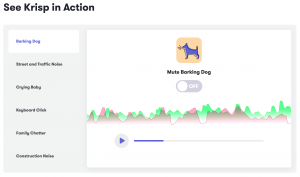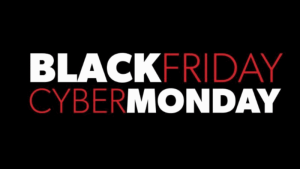Payment gateways make shopping online convenient. It can also minimize risk to your customers, reduce shopping cart abandonment rates, and improve their overall experience with your online store.
Yet, at least half of all shoppers never complete their purchases. Some reports show that customers are abandoning their shopping carts because of the quality of your payment gateway:
- 17% didn’t trust your site with their credit card information
- 6% abandon because there weren’t enough payment options available
- 4% give up because of technical issues
With so much depending on your choice of gateway, how can you know which is the right one for your online shop
Let’s take a closer look at how you can ensure the best and most secure payment options for your customers on your eCommerce website.
Factors to Consider When Choosing a Payment Gateway
You’ll need to set up a payment gateway to accept online payments through your website or eCommerce site. With so many payment gateways available to you, it can be challenging choosing the right one for your site.
Each gateway has different policies, transaction processing fees, and integration features that make choosing the right one for you a bit of a challenge. Go with the wrong one today, and you could pay more than you want to in monthly costs and hurt your online business in the long run.
Here are a few factors to consider when choosing a payment gateway for your online business.
1. Availability in Your Region
Depending on where most of your customers are, you’ll want to choose a gateway available in your country of business and your customers’ location. Take a look at the supported countries list for your chosen gateway. If the country you’re looking for isn’t there, email them to be sure. For example, PayFast is only available to merchants and customers in South Africa.
2. Transaction Fees
Most payment gateways charge a fee for each transaction they process from your online store. The fee is typically based on your location, the card type used to pay, how many transactions you do in a month, the individual gateway you choose, and more.
For example, international customers may cost you more because your gateway may charge higher fees for “cross-border” transactions, such as Amazon Pay. These higher fees can eat into your profit, so compare the transaction fees from several payment gateways before deciding which to use.
3. Recurring Payments
Many online businesses sell subscription-based products or services, like membership plans or subscription boxes. If your site sells those, you’ll want to choose a gateway that allows recurring payments, so you don’t have to charge customers manually each time.
And while some gateways offer recurring payments, not all offer the advanced features you might need for your subscription-based business, such as allowing customers to upgrade, downgrade, or pause their plans. Be sure to check the payment gateway to see if they offer recurring payments if your business requires automatic renewals.
4. Miscellaneous Charges and Fees
Another factor to consider with your payment gateway is any non-transaction fees they may charge. This includes set up fees, account maintenance fees, charges for withdrawals or deposits to your bank account, chargeback fees, and more.
Braintree, for instance, has a flat $ 15 for all chargebacks and an additional 1% fee for all U.S. $ transactions on top of their regular transaction fees. Depending on your sales levels every month, these fees could be a nuisance, especially if you’re just starting.
5. Customer Payment Options
As an eCommerce business, you want to make it as easy as possible for customers to pay you. This means you’ll want to choose a gateway that lets you accept payments from as many different card issuers and processors as possible. Some gateways only allow particular payment options which may exclude your customers’ preferences. For example, not being able to take Apple Pay or only accepting Visa and MasterCard.
6. Payment Security
With fraud a real concern, many online shoppers want to know their payment data is safe with your online store. You’ll want to choose a gateway that uses the Payment Card Industry Data Security Standard (PCI DSS) system, a series of standards put in place to protect customer data and payment information around the world.
Before picking your gateway, verify that they maintain PCI compliance to protect your customers’ data. For example, a quick check of the Stripe website shows they’re PCI compliant.
With so many payment gateway options available for online stores, it’s hard to know which to choose. The right one can maximize convenience and offer high-quality security to your customers while still being affordable to you as a site owner.
Use these factors to find out which one’s right for your online business and start selling today.
Digital & Social Articles on Business 2 Community
(48)




